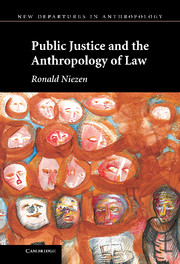Three - Cultural lobbying
Published online by Cambridge University Press: 05 June 2012
Summary
Cultural justice
The complexity of the politics of indignation arises mainly from the fact that those who are oppressed often have to do more than make a claim as the collective subjects of illegitimate violence, forced displacement, or other forms of injustice. They can (and sometimes must) also lobby for attention and action by emphasizing their cultural virtue, as a sub-unit of wider conceptions of distinctiveness and its fragility in the face of injustice. Indignation among many consumers of information follows from a sense that the range of possibilities for cultural exploration and personal growth has been compromised – often by judicial bias or indifference toward the abrogation of rights that protect distinct, attractive, spiritually elevating ways of life.
This combination of ideas and sentiments toward culture is connected to, and possibly originates from, the “salvage anthropology” prevalent in the nineteenth and twentieth centuries, based on the idea of the urgent need for the preservation of knowledge about savage lore and life before their inevitable disappearance. Preservation had, at first, a primarily scientific motive. Primitive customs were to be recorded so that knowledge about them would be available to future scholars. There is just such a impulse toward cultural preservation in the origins of many ethnological museum collections started in the mid-nineteenth century in Europe and North America, continuing through the races that dominated twentieth-century anthropology to collect the fragile and disappearing intangibles of language, symbolism, myth, ritual and even (in the case of Franz Boas) cultural patterns of body movement.
- Type
- Chapter
- Information
- Public Justice and the Anthropology of Law , pp. 67 - 104Publisher: Cambridge University PressPrint publication year: 2010

